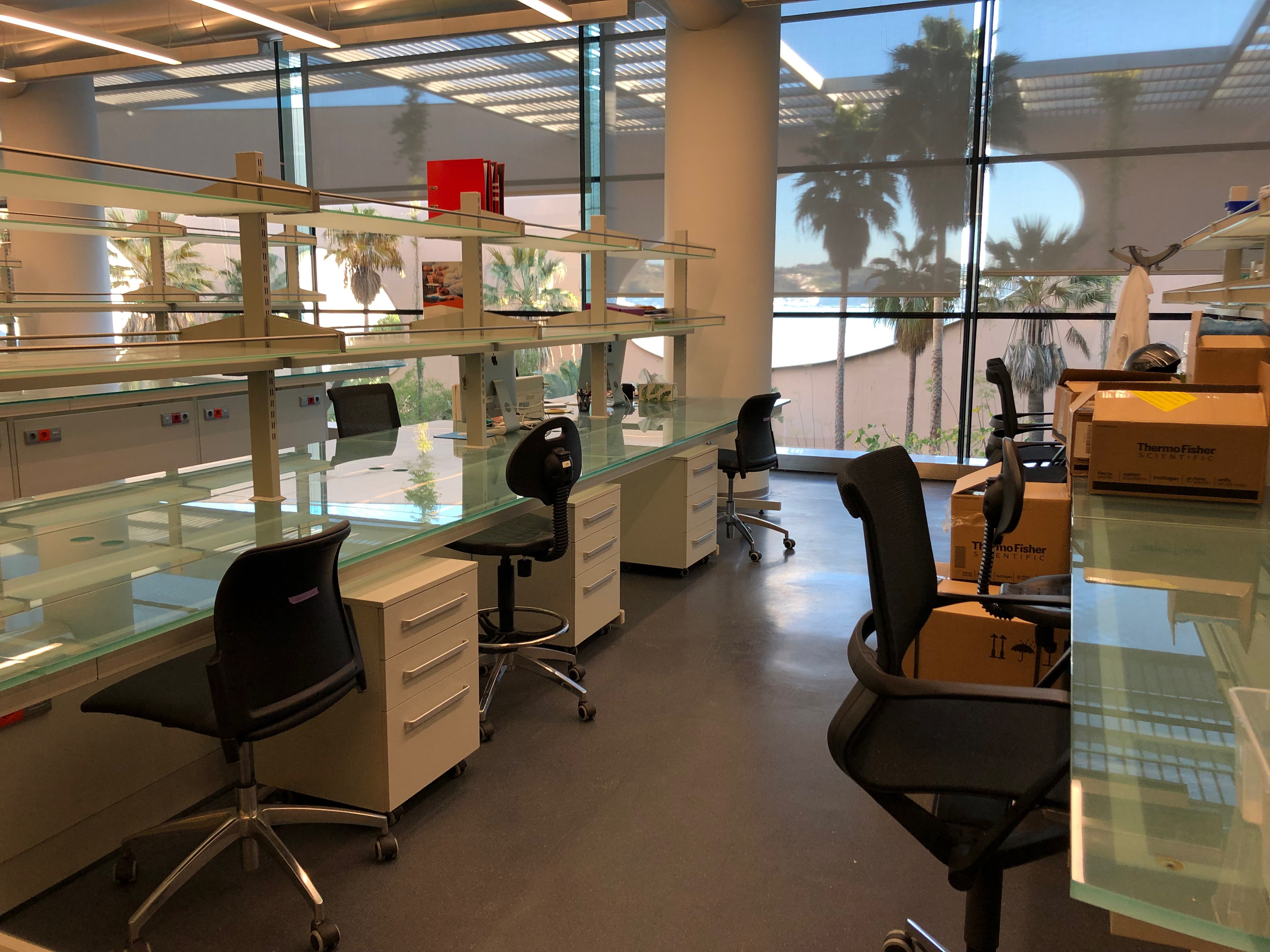Our laboratory aims at unraveling the mystery of cancer dormancy. We center our efforts in studying this challenge in breast cancer, which most often spreads to the bones, liver, lung, brain and lymph nodes. By understanding how breast disseminated tumor cells interact with the unique microenvironment in each distant site, we strive to find more effective therapeutic interventions for patients risking currently incurable metastatic disease.
Metastatic disease, that is when cancer has spread and presents in distant sites, continues to cause the vast majority of all cancer-related deaths. In many patients with cancer, metastatic disease emerges long after successful treatment of the primary tumor. This is so because persistent disseminated tumor cells (or DTCs) find residency at distant sites under a state of dormancy, only to awaken years or even decades afterwards and initiate metastases. This pause in cancer progression is a singular therapeutic window to prevent future deadly metastases.
But, what brings DTCs in and out of dormancy? And how can dormant DTCs be targeted? We tackle these questions by elucidating the crosstalk between DTCs and tissue-resident cells during metastatic progression. For our studies we use multiple complementary approaches, including animal and organotypic models, cell and molecular biology techniques, genetic engineering, spatial transcriptomics and proteomics, computational biology, and interrogation of patient samples.

We are thrilled to welcome Margarida Braga and Bruna Garcia to the team!

We are an ambitious group of researchers who strive to develop scientific projects that help finding strategies to prevent metastases from ever surfacing.
Just as we appreciate the critical value of the diversity in the tissue microenvironments we study, we value the power that diverse interests, backgrounds and experiences bring to our science and our mission.
We're always looking for new talent!
Lab Sponsors